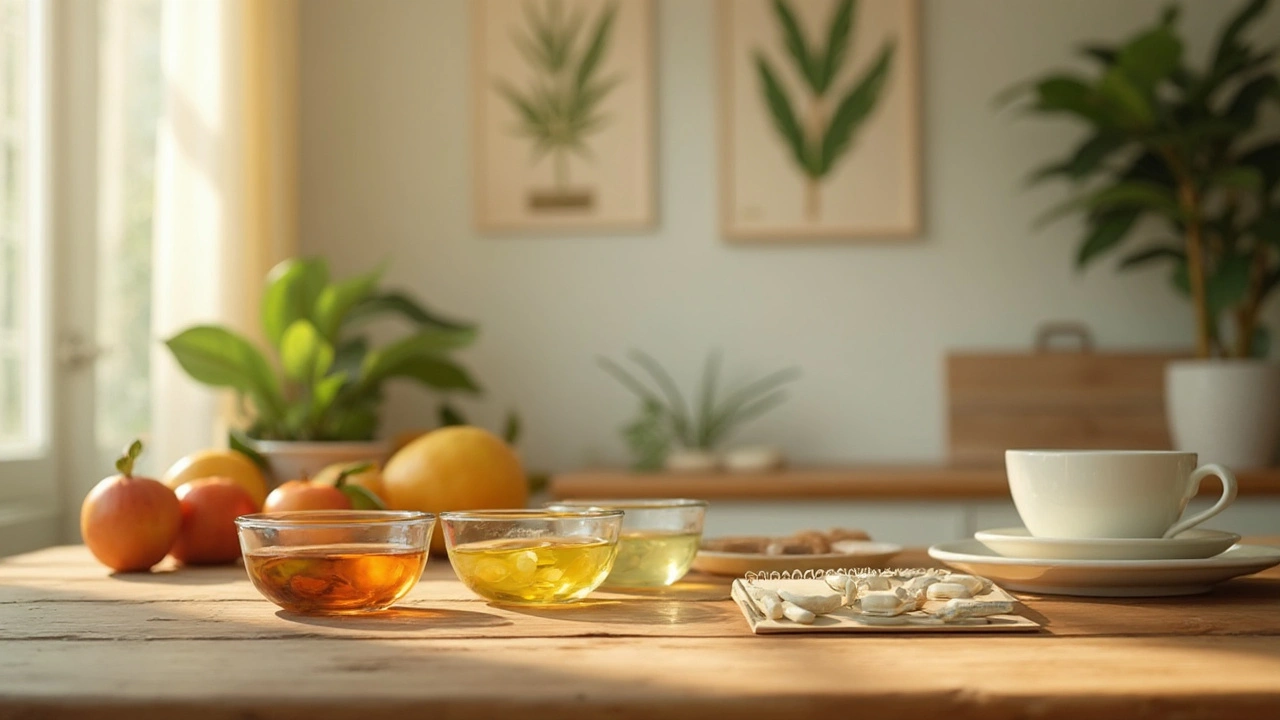Vitamin E is a powerful antioxidant you’ve probably heard about, but why is it so important? It helps protect your cells from damage caused by free radicals—those pesky molecules linked to aging and certain diseases. People often turn to vitamin E supplements or skin products to boost their health and keep their skin looking fresh.
If you’re curious about what vitamin E does, here’s the scoop: it supports immune function, helps maintain healthy skin and eyes, and might even play a role in preventing heart disease. But remember, a balanced diet usually provides enough vitamin E since it’s found in foods like nuts, seeds, spinach, and vegetable oils. Taking more than you need through supplements doesn’t always add benefits and can sometimes cause side effects, so it’s best to talk to your doctor before starting them.
The main job of vitamin E is to act as an antioxidant. Think of it like a shield that guards your cells from damage caused by oxidative stress. This damage can speed up aging and contribute to chronic health problems. By neutralizing free radicals, vitamin E helps keep your body running smoothly, especially your immune system and skin. This is why it’s a popular ingredient in many skincare products; it can soothe inflammation and improve skin moisture.
But don’t expect vitamin E to be a miracle cure. It’s just one piece of the puzzle. Combine it with a good diet, regular exercise, and healthy habits for the best results.
Want to make sure you get enough vitamin E without going overboard? Focus on eating a variety of foods rich in this nutrient. Almonds, sunflower seeds, and avocado are tasty and easy to add to your meals. For those considering supplements, stick to recommended doses—usually around 15 mg per day for adults. High doses can increase the risk of bleeding, especially if you take blood-thinning medication.
If you use vitamin E on your skin, patch test first. Some people might get irritation, especially with higher concentrations. As always, consistency is key; vitamin E benefits typically show up over time, not overnight.
Understanding vitamin E helps you use it wisely to support your health. Whether through food, supplements, or skin care, a little knowledge goes a long way in making smart choices for your well-being.

Curious if natural blood thinners could replace warfarin for mild anticoagulation? This article compares fish oil, nattokinase, and vitamin E for people looking for gentle options. It covers the science, risks, and practical tips for each. Learn why some of these options appeal to those who want fewer side effects or dietary-based choices. Practical facts, real risks, and expert advice included.
Apr 28 2025
Menu